Oilfield Wastewater Used to Grow Food in California May Contain Toxins
Earth Island Journal
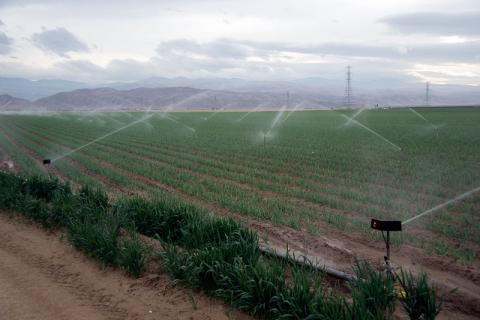
Did you know that some of the fruits and veggies out on supermarket shelves are grown using wastewater from oil and gas operations? For the past several years, many drought-stricken farms in California’s Central Valley, which produces 40 percent of the nation’s fruits and vegetables, have been increasingly irrigating their crops with wastewater. Chemicals present include 16 the state classifies as carcinogens or reproductive toxicants, says EWG report.

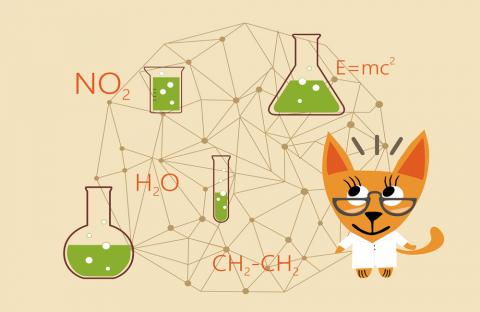
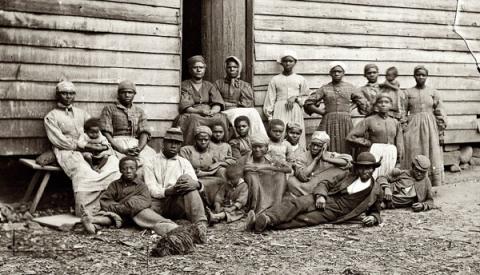
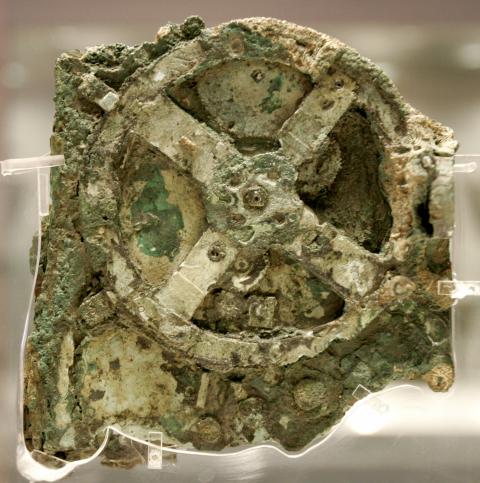
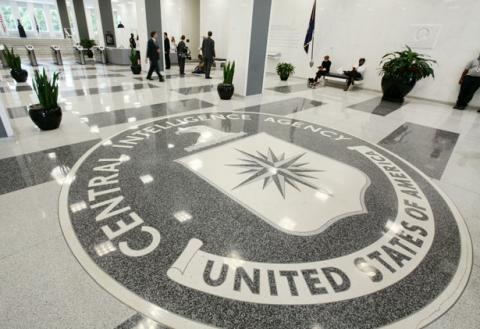
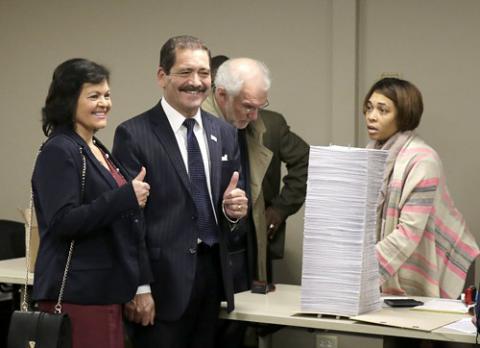


Spread the word